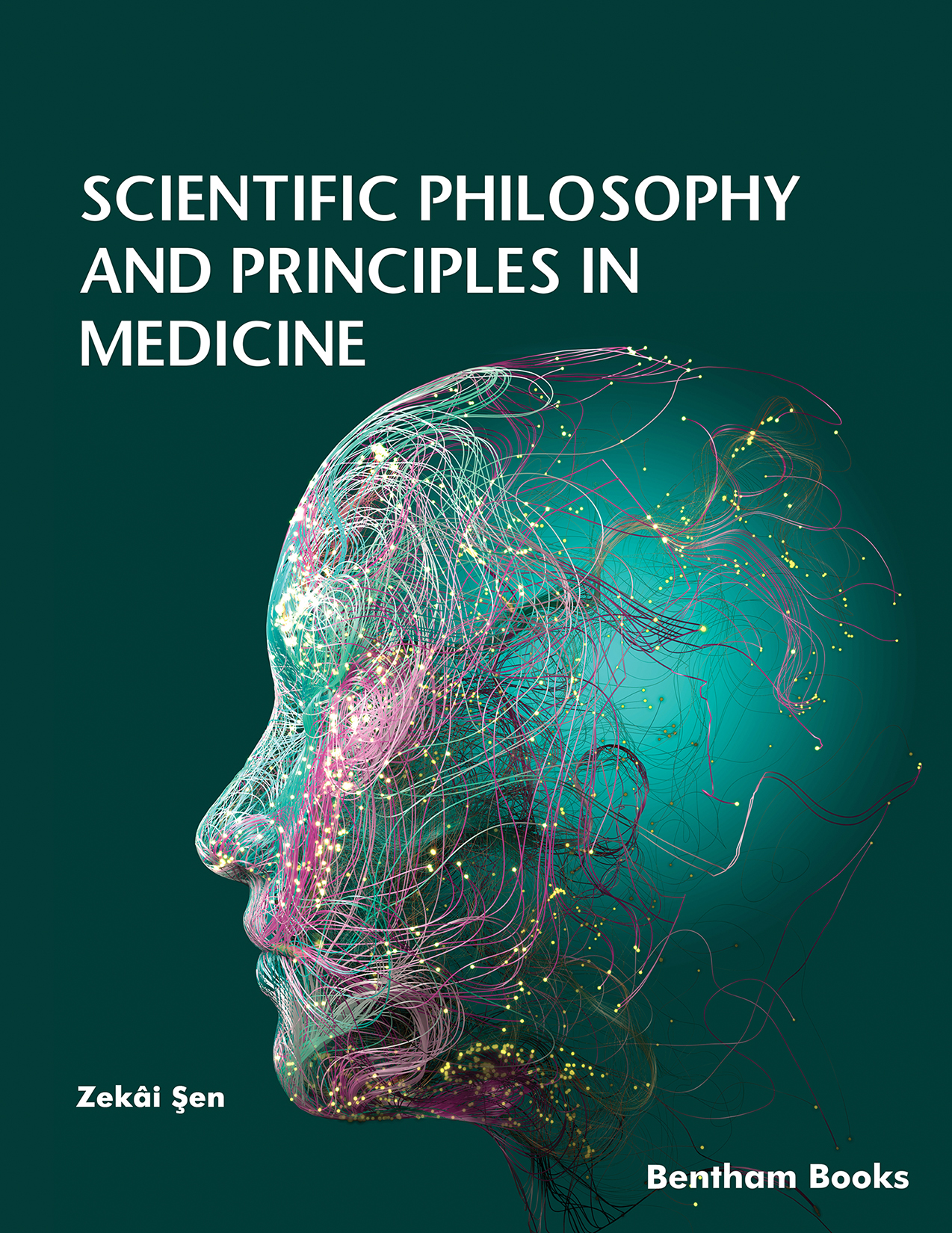In any education system, principles of thought, science philosophy, and logical principles exclusion from the basic courses give way to mimic, rote, mechanical and non-productive graduates and career experts. With a thought, concrete and intangible information opens the door for smart inferences. Especially in medicine studies (diagnosis, treatment, healing, clinical works) and research, these topics play a fundamental role in the exploitation of linguistic and verbal information and knowledge data. One wonders if imagination, design and idea generative human thought triggering science, philosophy and logical principles are ignored, then what takes place in the social enlightenment? Throughout history, starting from ancient Greek, Hellenistic and Islamic civilizations, further enlightenment took place in the West with the renaissance dawn up today. At the roots of each civilization, contributions were philosophical and logical principles, and most of the knowledge was verbal and written in books. Among the most fundamental issues in these civilizations, first of all, the medical, philosophical and logical knowledge presented by philosophers, physicians and doctors on human health has reached today's level of development. As in many professions today, especially in medical education and professional works, productive and dynamic thinking, philosophical verbal knowledge productions, and logic rules for rational inferences are almost forgotten; instead, only mathematics, computer software, medical instrument measurements and outputs, classical algorithm, method and knowledge applications take place.
The most effective philosophical issues in the philosophy of medicine are ontology and epistemology, which is yet well developed neither in the career nor in the medicine education system. It is, therefore, essential to develop, implement and support medicine educational ventures in the philosophy of medicine with the support of logical principles. Although there are many publications on medical philosophical procedures, education in philosophy medicine lags behind. Unfortunately, there are few textbooks based on the philosophy of medicine with a few anthologies in this field. Most of the training programs concerning medicine mention about ethics, medicine history, and medical humanities. The author of this book has lectured first-year undergraduate students about science philosophical and logical principles and their usage in the medicine profession. The content of the book mostly depends on these lectures at the Istanbul Medipol University. It is the observance of the author that the students carefully listen to these principles after all explanations are verbal and logical with philosophical ingredients.
The main theme of this book is to emphasize the significance of science philosophy and logical principles in medicine education, training and professional executions. In the absence of these basic topics, physicians, doctors and medical specialists remain addicted to the classical case studies ready computer software, classical algorithms, methods and procedures. Future improvements and advancements remain obsolete without knowledge of these topics. Innovative ideas and generative intelligence gain importance through science philosophy and subsequent logical principles applications, which help minimize medicine uncertainties in almost every issue and case study. Hopefully, this book provides a forum for a harmonious integration with patients towards effective diagnoses and treatment solutions.
The author thanks the medicine department at Istanbul Medipol university for providing the opportunity to lecture to first-year medicine undergraduate students each year about the philosophy of science and medicine. I could not complete this book without the love, patience, support and assistance of my wife, Fatma Şen.
Zekâi Şen
Istanbul Medipol University Kavacık
Ekinciler Cd. No:19
34810 Beykoz/Istanbul
Turkey

